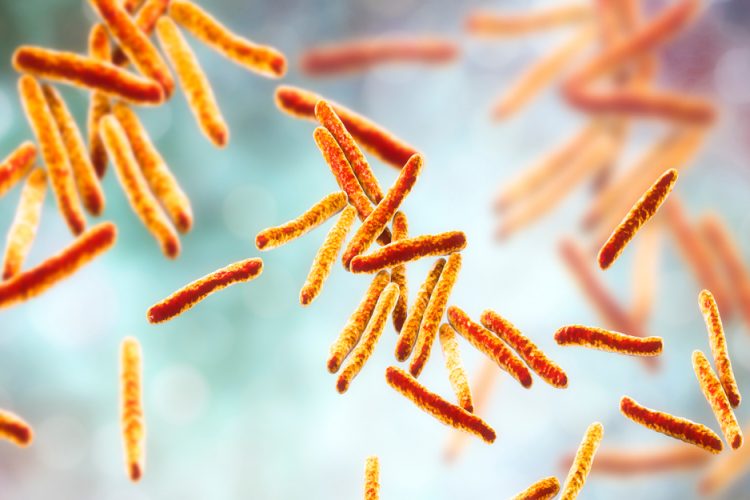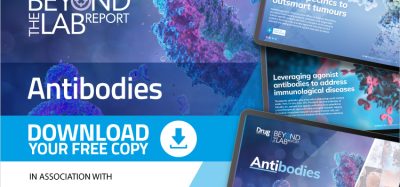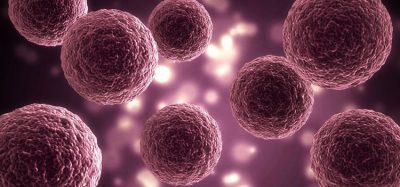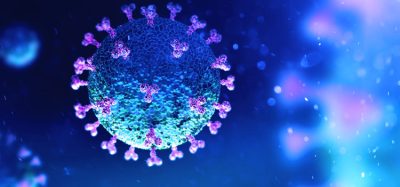The immune system’s power over antibiotics for infections
Posted: 28 March 2023 | Taylor Mixides (Drug Target Review) | No comments yet
The natural process of removing damaged cell parts could present an alternative to antibiotics, especially where bacteria have become resistant to existing drugs.


Researchers at the Francis Crick Institute, UK, have found that the body’s process of removing impaired old cell parts is essential in managing infections that take hold within our cells. This process can be controlled with new tuberculosis treatments.
Published in Nature Microbiology ahead of World Tuberculosis Day, the team studied genes key to bacteria’s ability to evade autophagy. Under infection, cells use this pathway to destroy themselves.
The human immune cells called macrophages were engineered from a specialist stem cell called induced pluripotent stem cells. These cells can become any cell type in the body. By using genome editing tools, they could manipulate the macrophages ability to perform autophagy. When the gene keys to autophagy were removed and the cells were infected with Mycobacterium tuberculosis, the bacterial infection took hold, replicating more within the engineered cells and causing mass host cell death.
The results showed how autophagy plays a role in controlling intracellular infections like TB. If this pathway can be encouraged, it could present a new avenue for tackling antibiotic resistance, by making existing antibiotic drugs more effective.
“As immunotherapies have harnessed the immune system to fight cancer, boosting this immune defence with a host-directed therapy, could be a valuable new tool in the fight against infections, particularly those becoming resistant to antibiotics.”
“I first studied the role of autophagy in infection during my PhD, so it is incredible to see renewed interest in this field. Using the latest technologies, we have been able to show a key role for this pathway in controlling infection,” reported Max Gutierrez, Head of the Host-Pathogen Interactions in the tuberculosis laboratory at the Crick.
The team also validated their results using macrophages isolated from blood samples, confirming the importance of autophagy in human defences.
The joint first author at the Crick together, Beren Aylan, with Elliott Bernard and Enrica Pellegrino, said: “Antibiotic resistance is a huge threat to our health so it is incredibly important to understand how our bodies fight infection and where there might be room for improvement. TB is a great example of where targeting our own immune defences could be really effective, because it takes a very long course of different antibiotic treatments to effectively remove the infection. Anything that can be done to more effectively remove bacteria, could also make a huge difference to the cost and accessibility of treatments.”
The team is currently planning to screen for drug compounds in a targeted way to boost autophagy.
“Boosting the autophagy pathway is not as simple as it might seem,” added Max. “This is because all parts of the body use autophagy as a way to recycle old and damaged cells. In order to safely increase autophagy in the location of infections, we need to target the pathway in macrophages alone.”
Related topics
Disease Research, Immunology, Immunotherapy, Induced Pluripotent Stem Cells (iPSCs)
Related conditions
Cancer, mycobacterium tuberculosis, Tuberculosis
Related organisations
Francis Crick Institute
Related people
Beren Aylan, Elliott Bernard, Enrica Pellegrino, Max Gutierrez








